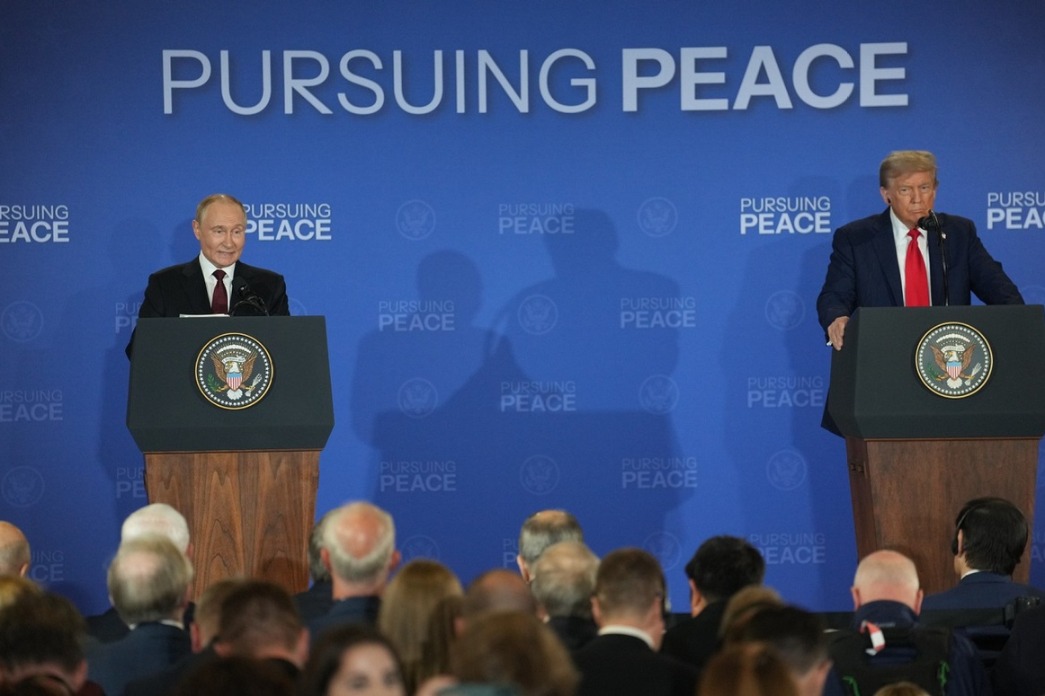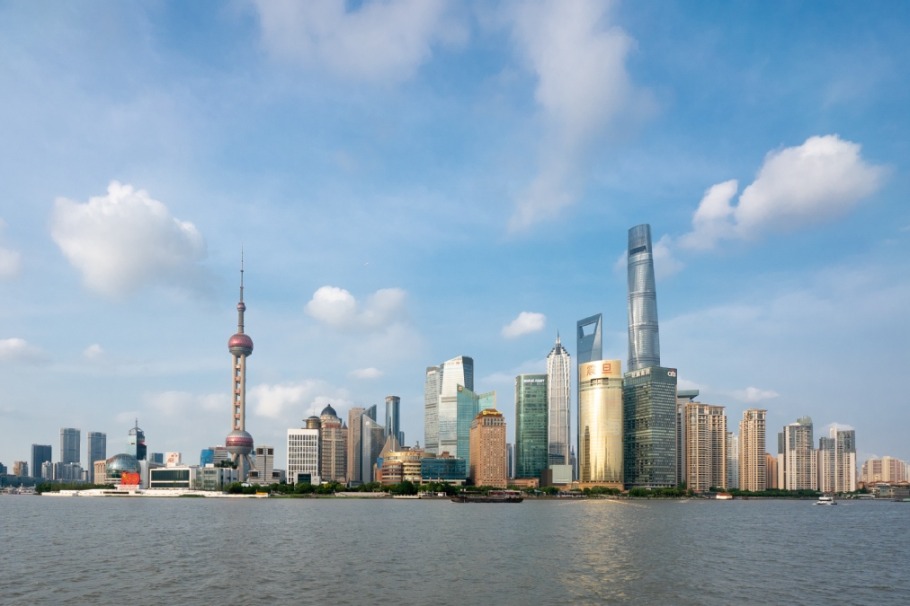Trump strategy heightens tensions

US move could endanger regional peace
Zhu Feng, dean of the Institute of International Relations of Nanjing University
China's national strength has noticeably increased in recent years, so has its influence in the Indo-Pacific region. In some sense, it is natural for the US to seek more allies to contain China's rise. Thus the Indo-Pacific strategy should be seen as the US' inevitable response to China's growing influence.
But the US could end up splitting the region and endangering regional peace and stability if it pushes ahead with its strategic and security alliance policies to contain China, which has been identified as a major strategic competitor in last year's US National Security Strategy report.
Generally speaking, whether the US' Indo-Pacific strategy will achieve its desired goal depends on China's response. The strategy would have succeeded if China wanted to replace the US as the superpower. But since China doesn't have any such ambitions-and Southeast Asian countries don't want great power rivalries to raise tensions in the region-the strategy will most possibly fail.
As for the Belt and Road Initiative, Chinese enterprises, particularly State-owned enterprises, should slow the pace of their overseas operations and conduct in-depth research on the local situation before investing abroad. Nonetheless, guided by the principles of extensive consultation, joint contribution and shared benefits, the initiative is well designed and inclusive enough to accommodate more players. Therefore the accusations and stereotypical bias against it are mostly overstatements, and it's high time they stopped.
Criticizing Belt and Road Initiative irresponsible
Fu Mengzi, vice-president of the China Institutes of Contemporary International Relations
That the US renamed its Pacific Command the "Indo-Pacific Command" on May 30 and Pompeo has announced funds for technology, security and infrastructure development in the Indo-Pacific region demonstrates the US' intention to dominate the Indian Ocean, as well as to check China's growing influence. Despite its claimed focus on the economic front, the US' Indo-Pacific strategy also reflects its geopolitical, military and security concerns and ambitions.
And to a large extent, China's growing presence in the region thanks to the rapid yet sometimes bumpy development of the 21st Century Maritime Silk Road has prompted the US administration to change the previous rebalancing to Asia-Pacific policy to the Indo-Pacific strategy to bring the entire Indian Ocean into its sphere of influence.
But the US, for now at least, lacks a solid foundation to build on its smug calculation. Moreover, the three other major players in the region-Japan, Australia and India-all have distinct goals and concerns, which may prevent them from taking a unified stance on regional affairs and development. For example, India pursues a relatively neutral policy compared with the other countries and has enhanced its ties with China recently. Also Japan's relationship with China has improved while Japanese private enterprises have been allowed to participate in the Belt and Road Initiative. Australia, on its part, has at times tried to counterbalance China's influence through its hostile policies.
Equally importantly, the Southeast Asian countries will not be content by just going with the flow, and may be unwilling to choose sides between the US and China when it comes to security. In short, it is too early to conclude the US' Indo-Pacific strategy would have a huge impact on the regional situation and order.
What's alarming is that some in the West have repeatedly used the Belt and Road Initiative as a scapegoat for certain countries' domestic difficulties, for instance, Sri Lanka's and Pakistan's debt crisis. They ignore the fact that these issues are a result of various factors, including the worsening external environment and slowdown in exports. So blaming the Belt and Road Initiative for these countries' ills is totally irresponsible.































